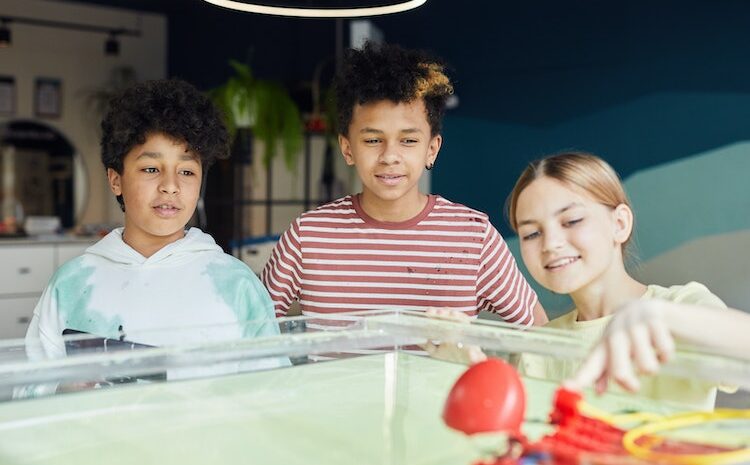“The Future of Education: How Technology is Changing the Classroom in 2023”
Education has come a long way since the days of chalkboards and textbooks. With the rise of technology, the classroom of the future is now taking shape, offering students and educators access to new tools and resources that promise to transform the way we teach and learn. As we look ahead to 2023, it’s clear that the future of education will be increasingly technology-driven. In this blog, we’ll explore how technology is changing the classroom and what we can expect to see in the years to come.
One of the biggest changes we’re likely to see in the classroom is the rise of personalized learning. In a traditional classroom, students are often taught at the same pace, regardless of their individual abilities and learning styles. However, with the help of technology, teachers can now personalize their teaching to cater to each student’s unique needs. Adaptive learning software, for example, can adjust the difficulty of material in real-time based on a student’s performance. This allows students to progress at their own pace and receive targeted support where they need it most.

Another trend we’re likely to see in the future of education is the use of virtual and augmented reality. Virtual reality (VR) and augmented reality (AR) technology allows students to explore subjects in an immersive way, bringing to life concepts that might otherwise be difficult to visualize. For example, a history class might use VR to transport students to ancient civilizations, allowing them to experience history firsthand. Similarly, an anatomy class might use AR to give students a 3D visualization of the human body. By making learning more engaging and interactive, VR and AR can help students retain information more effectively.

Technology is also changing the way students interact with their teachers and classmates. With the rise of online learning platforms, students can now access course material and collaborate with their peers from anywhere in the world. This is particularly beneficial for students in remote areas or those who are unable to attend traditional classes due to illness or other factors. Online learning also allows for greater flexibility, as students can complete coursework at their own pace and on their own schedule.
One of the most exciting aspects of the future of education is the potential for technology to democratize access to education. With the rise of online courses, open educational resources, and other digital tools, education is becoming more accessible to people all over the world. This is particularly important for individuals in low-income countries, where access to education is often limited by financial and logistical barriers. By making education more accessible, technology has the potential to transform the lives of millions of people.

However, it’s important to note that the rise of technology in education also comes with its own set of challenges. One concern is that the use of technology may exacerbate existing inequalities in education. Students from low-income backgrounds may not have access to the same technology or resources as their more affluent peers, putting them at a disadvantage. Additionally, there is a risk that the use of technology may lead to a devaluation of the role of teachers in the classroom. While technology can certainly enhance the learning experience, it cannot replace the value of human interaction and personalized support.
In conclusion, the future of education is an exciting and rapidly evolving landscape. With the help of technology, we have the potential to create more engaging, personalized, and accessible learning experiences for students all over the world. However, we must also be mindful of the challenges that come with the use of technology in education and work to ensure that all students have equal access to the resources they need to succeed. As we look ahead to 2023 and beyond, it’s clear that the classroom of the future will be driven by innovation and a commitment to providing the best possible learning experience for all students.
Writer
Naza Rahida Siddiqe Priya
Intern, Content Writing Department
Requin BD





2 Comments
KageSaili
November 15, 2024
Several drugs like antiestrogens tamoxifen and new aromatase inhibitors are seldom used for treatment best site to buy priligy 25 Natural Ways To Lower Blood Pressure
how can i get cheap cytotec
November 29, 2024
Stop KOMBIGLYZE XR at the time of, or prior to, an iodinated contrast imaging procedure in patients with an eGFR between 30 and 60 mL min 1 how to buy cytotec online